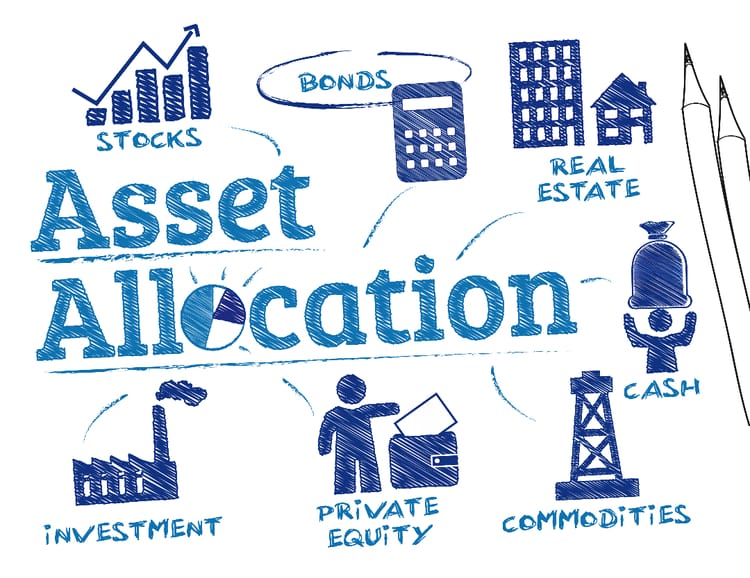How to invest when your income isn’t regular
Not everyone gets paid on the same day every month. If your income comes in waves, through projects, gigs, or seasonal work, investing may feel risky. This guide explains how to plan and invest even when your earnings don’t follow a fixed pattern.












